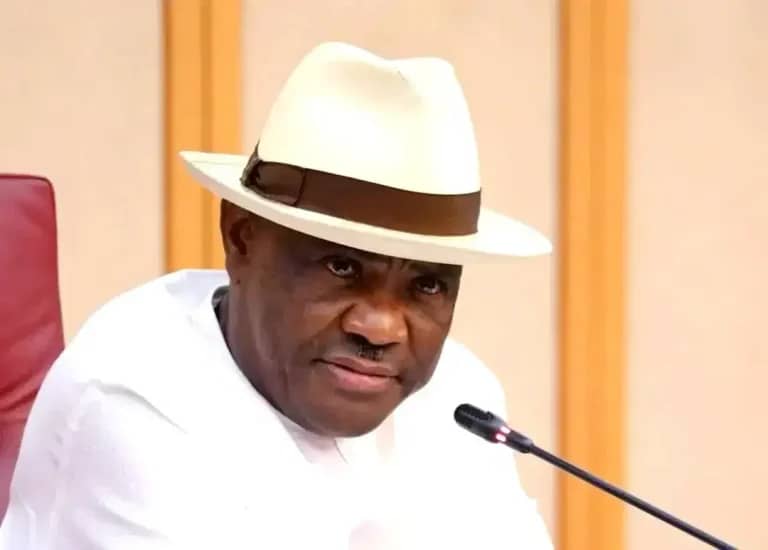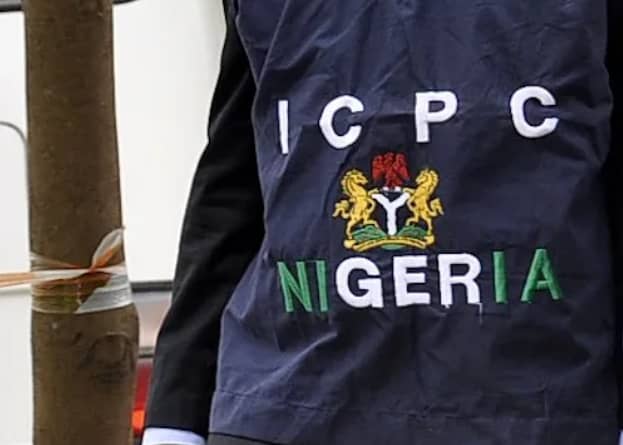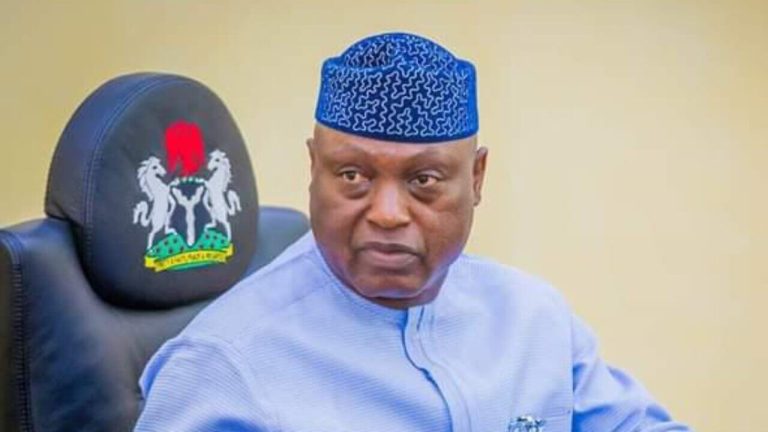The Peoples Democratic Party (PDP) has reportedly agreed to meet major conditions set by former Rivers State governor and current Minister of the Federal Capital Territory, Nyesom Wike, in a bid to resolve internal disputes and strengthen the party ahead of the 2027 general elections.
According to credible sources in Abuja, the decision is part of a wider reconciliation effort aimed at uniting the party and healing divisions among its major political blocs. Wike, regarded as one of the most influential figures in the PDP, had previously issued a set of demands as prerequisites for his continued cooperation with the party.
His conditions included the zoning of the PDP presidential ticket to the South, the confirmation of Senator Samuel Anyanwu as the party’s National Secretary, and strict adherence to the traditional zoning arrangement between the South-South and South-East regions. Insiders say the party’s leadership has now given its approval to all these demands.
A senior PDP source revealed that the leadership is fully committed to addressing Wike’s requests. The source stated that the party had agreed to officially confirm Anyanwu as National Secretary and to make a clear declaration that the 2027 presidential ticket will be zoned to the South. The insider added that with these concessions granted, there is now “no basis” for Wike to engage in further conflict with the party.
This move comes amid concerns about growing factionalism within the PDP, particularly following the weakening of the G5, also known as the Integrity Group, which had emerged before the 2023 presidential election. The group was formed to oppose the leadership of Senator Iyorchia Ayu and the presidential candidacy of Atiku Abubakar. Its original members were Wike, Samuel Ortom of Benue, Ifeanyi Ugwuanyi of Enugu, Okezie Ikpeazu of Abia, and Seyi Makinde of Oyo.
Over time, the bloc’s cohesion has deteriorated. Governor Makinde was the first to break away, followed by Ortom. This has left Wike with only Ugwuanyi and Ikpeazu as close allies. Party sources say the reduced numbers and diminished influence of this group have made it far less effective as a political force.
One party insider explained that while the G5 was once seen as a formidable bloc capable of shaping national political dynamics, its transformation into a smaller “G3” has severely weakened its impact. The insider suggested that even if the members continue to refer to themselves as the G5 or G3, their ability to influence critical decisions within the PDP has declined sharply.
Analysts believe the party’s concessions to Wike are aimed at preventing further defections, especially in the South-South and South-East, regions where he still maintains substantial political clout. Maintaining unity in these zones is considered essential for the PDP’s electoral prospects in 2027.
Party officials also see this agreement as an opportunity to stabilise the PDP’s internal structure and present a united front in the run-up to the next general election. By securing Wike’s cooperation, the leadership hopes to restore some of the cohesion lost after the 2023 contest and position the party more competitively against the ruling All Progressives Congress (APC).
The reconciliation process is ongoing, but insiders suggest that the resolution of Wike’s demands could mark a turning point for the PDP, potentially enabling it to focus on building its campaign strategy rather than managing internal disputes. The leadership is expected to formalise these agreements in the coming weeks.





